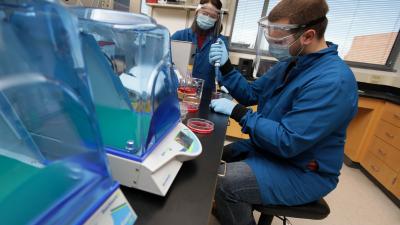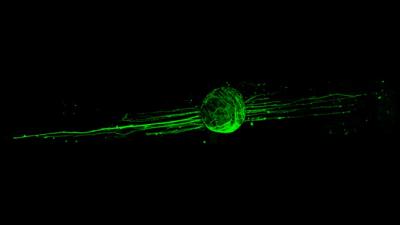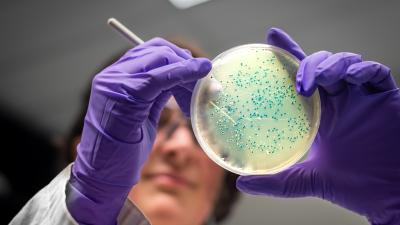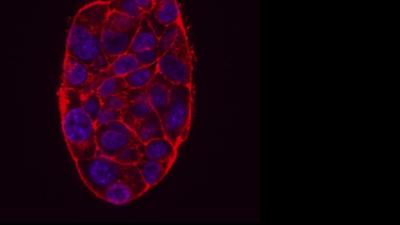Self-Built Protein Coatings Could Improve Biomedical Devices
Fouling is a natural phenomenon that describes the tendency of proteins in water to adhere to nearby surfaces. It’s what causes unwanted deposits of protein to form during some food production or on biomedical implants, causing them to fail. Researchers at Rensselaer Polytechnic Institute are harnessing this process, which is typically considered a persistent challenge, to develop a versatile and accessible approach for modifying solid surfaces.









